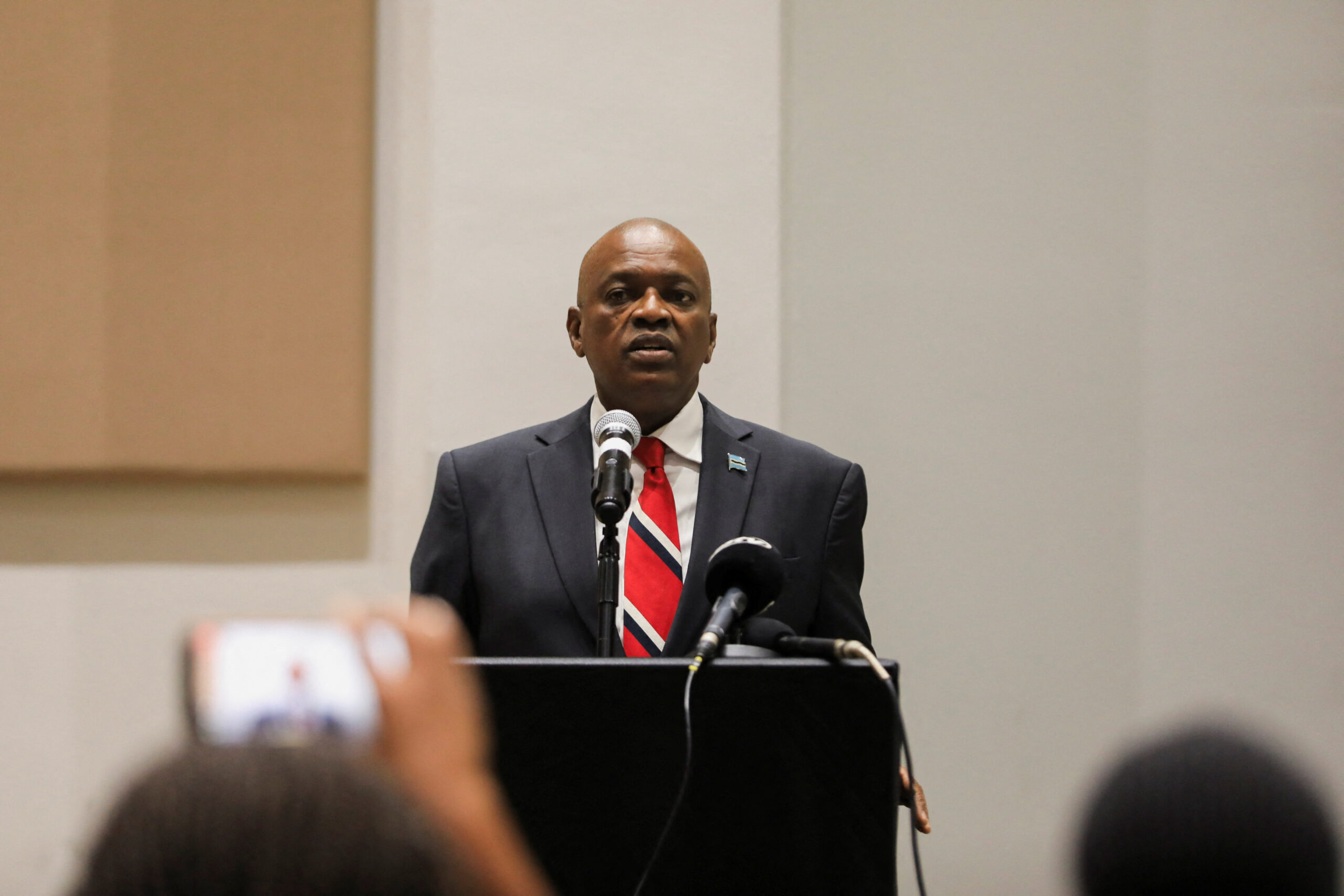Mauritius authorities on Saturday walked back an earlier directive to restrict access to all social media platforms until after the nation’s general elections scheduled for November 10.
Backlash greeted the news of a social media ban announced by the Mauritius government on Friday, days after a TikTok account leaked classified government data and recordings in a wiretapping scandal.
Prime Minister Pravind Kumar Jugnauth believed shutting down social media would curtail the spread of the leaked files but opposition said the ban was only a ploy to monitor and prevent unflattering information about the present government from getting out.
“A crisis committee is currently meeting to contain the existing risks as soon as possible,” the Prime Minister’s office said in a statement.
Read also: How African Gen-Zs are utilising social media to mobilise for social change
Telecom, EMTEL to implement the social media ban directive
One of the three telecom providers in the nation, EMTEL, said that it was carrying out the directive and issued a warning that “the user experience will be progressively disrupted.”
Additionally, the inaccessibility of Facebook, Instagram, TikTok, and X was confirmed by the Netblocks Internet Observatory.
Mauritius opposition kicks against the social media ban
The opposition in Mauritius said that the prohibition was a ploy to prevent a humiliating loss in the election scheduled for November 10, as the prime minister planned to maintain his party’s legislative majority and prolong his reign.
“The outgoing government knows quite well that it’s heading towards a defeat. As such it is using all means to stay in power,” stated Navin Ramgoolam, the leader of the Alliance for Change party and Jugnauth’s principal opponent.
Another coalition member said that the opposition was prepared to take political action and was debating possible legal actions in an effort to stop the Militant Socialist Movement from being re-elected.
Mauritius bows to pressure
Social media access was meant to be suspended in Mauritius until November 11, a day after the country’s next general election, in line with the government’s directive.
But the ban sparked public outcry, with opposition and foreign agencies decrying the restriction as a means to gag the citizens.
The Mauritius government folded under pressure and on Saturday lifted the ban, which lasted for only 24 hours.
The Information and Communications Authority announced that the ban was reversed following “consultation with competent authorities.”
The wiretapping scandal leading to the social media ban
After almost 20 discussions involving prominent politicians, law enforcement agents, lawyers, journalists, and civil society members were exposed on social media, primarily on TikTok, since mid-October, an incident that triggered restrictions on social media on Friday.
In one of the leaked conversations, a police commissioner asked a forensic expert to change the records of a detainee who died in police custody. Authorities have since launched an investigation into the matter.
Private conversations that involved British High Commissioner Charlotte Pierre were also leaked by the TikTok account.
Former Mauritius Telecom CEO, others arrested in connection to the wiretapping scandal
Sherry Singh, the former CEO of Mauritius Telecom, and three other suspects were taken into custody on Friday as part of a probe into the leaks, AFP said citing anonymous police sources.
The government did not immediately disclose the specific charges they were up against. Political analyst Jocelyn Chan Low, who is based in Mauritius, told Reuters that the wiretapping controversy would affect the poll’s result.
According to him, “There is a public outcry on many alleged scandals which are still unsolved and which have been the focus of these leaks.”
















